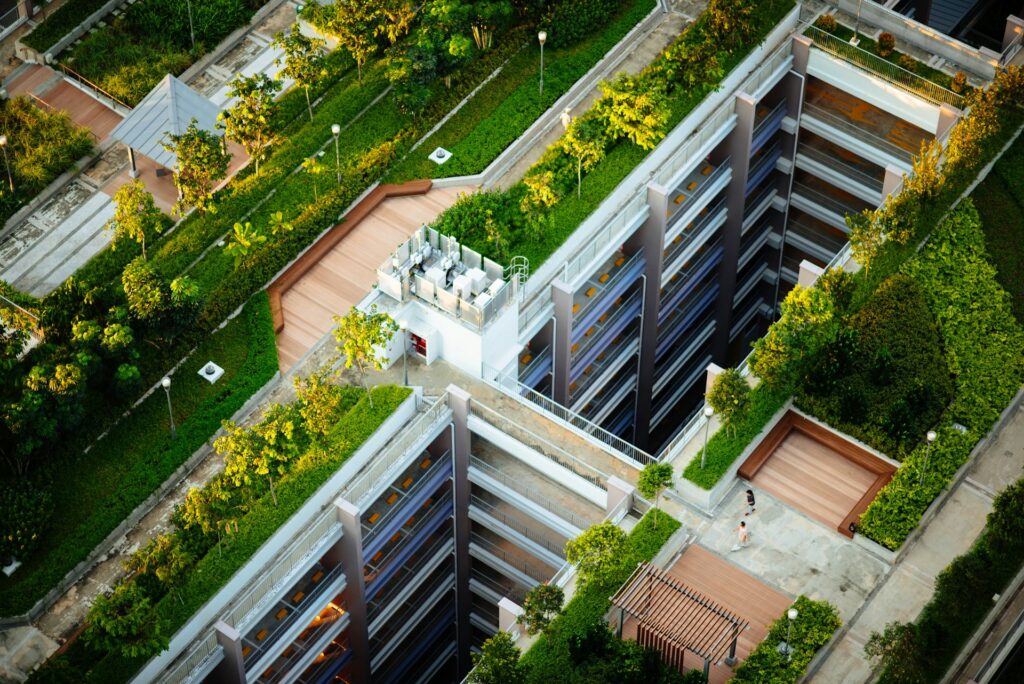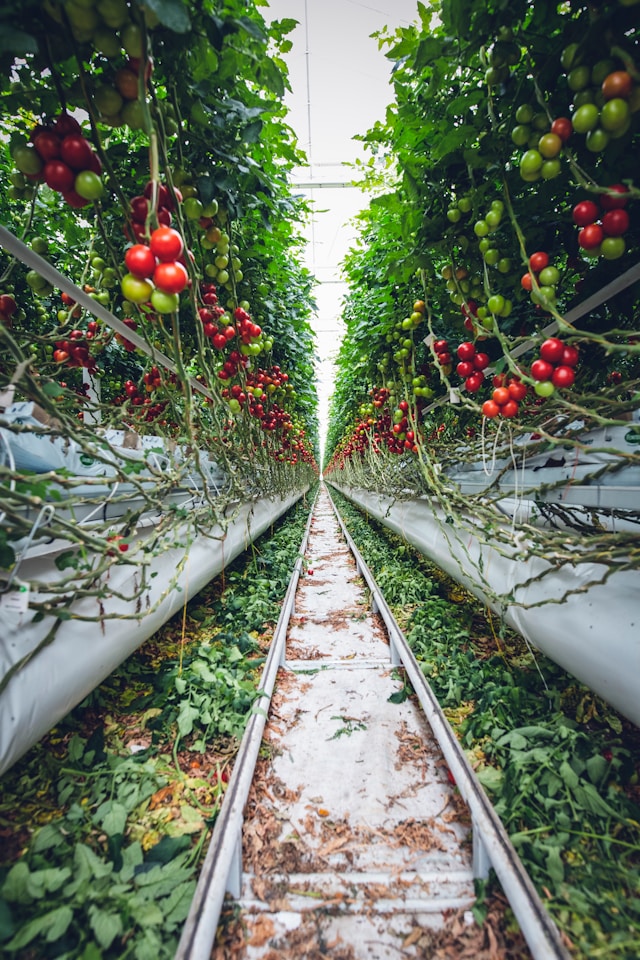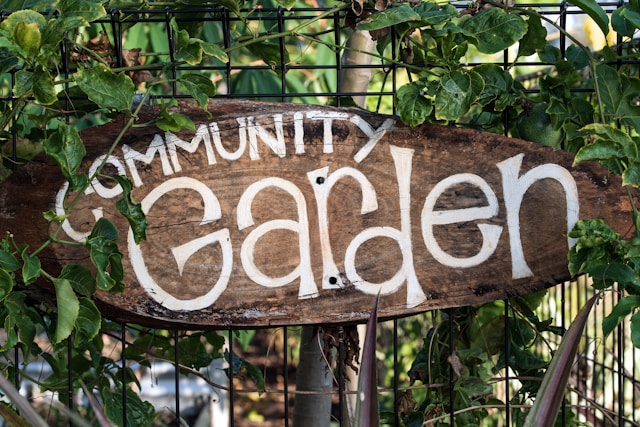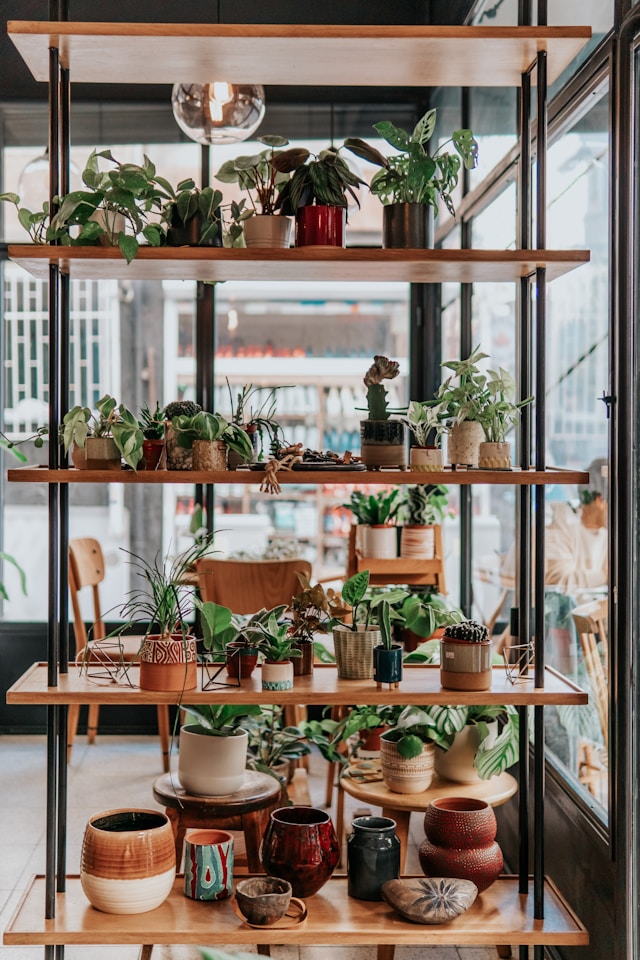
Urban farming, also known as urban agriculture, is a dynamic movement that brings food production into the heart of bustling cities. It’s a powerful response to the challenges posed by rapid urbanization, climate change, and the need for sustainable food systems. In this article, we’ll explore what urban farming is, its importance, and some fascinating examples from around the world.
What Is Urban Farming?
At its core, urban farming involves producing or growing food within city limits. Unlike community gardening or subsistence farming, urban farming operates with a profit motive. Whether you’re an individual, a group of friends, or a nonprofit organization, you can embark on an urban farming journey. Let’s delve into why urban farming matters and how it’s transforming our urban landscapes.
Why Is Urban Farming Important?
- Food Security: Urban farming contributes to local food security by reducing dependence on distant food sources. As people become more conscious of where their food comes from, the demand for locally-grown, sustainable, and organic produce continues to rise.
- Environmental Impact: Transporting food over long distances generates greenhouse gas emissions. By growing food within cities, we minimize the carbon footprint associated with transportation.
- Community Building: Urban farms foster community connections. They provide spaces for neighbors to collaborate, learn, and share knowledge about agriculture and nutrition.
Inspiring Urban Farming Examples
- Rooftop Gardens

- Description: Rooftop gardens transform barren rooftops into lush green spaces. They utilize vertical space efficiently, growing vegetables, herbs, and even fruit trees. These gardens enhance urban aesthetics while providing fresh produce.
2. Vertical Farming

- Description: Vertical farms stack crops in layers, maximizing space. These high-tech indoor farms use hydroponics or aeroponics to grow leafy greens, strawberries, and other crops. They’re ideal for densely populated cities with limited land.
3. Community Gardens

- Description: Community gardens are collaborative spaces where residents come together to cultivate plots. These gardens promote social interaction, education, and a sense of ownership. They often feature communal composting and shared harvests.
4. Aquaponics Systems

- Description: Aquaponics combines fish farming (aquaculture) with hydroponics. Fish waste provides nutrients for plants, and the plants filter water for the fish. These closed-loop systems are efficient and sustainable.
5. Urban Beekeeping

- Description: Beekeeping in cities supports pollination and honey production. Rooftop beehives thrive amidst the urban buzz, benefiting both bees and humans.
6. School Gardens

- Description: Schools integrate gardens into their curriculum, teaching students about agriculture, nutrition, and environmental stewardship. Students actively participate in planting, tending, and harvesting.
7. Indoor Farms

- Description: High-rise buildings house indoor farms where LED lights simulate sunlight. These controlled environments allow year-round cultivation of leafy greens, mushrooms, and microgreens.
Conclusion
Urban farming isn’t just about growing food; it’s a movement that nourishes communities, promotes sustainability, and reconnects us with the land. As cities continue to evolve, urban farming will play a vital role in shaping a healthier, greener future.





